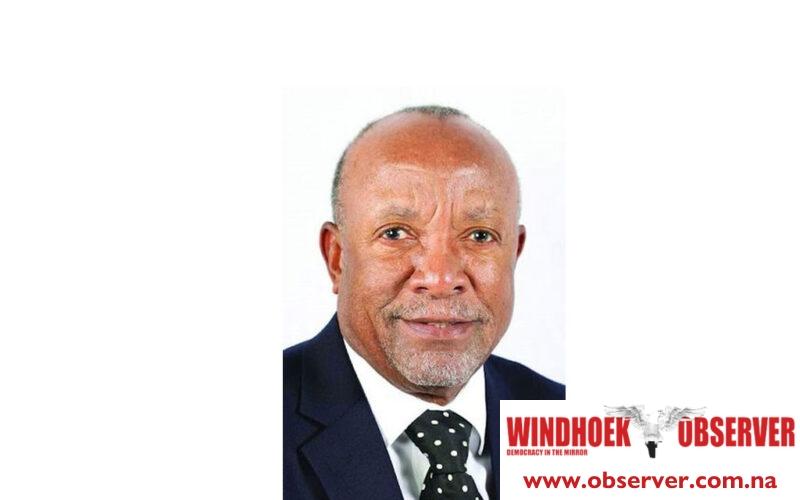Niël Terblanché
President Nangolo Mbumba has called on the Electoral Commission of Namibia (ECN) to ensure the electoral process in the run-up to the November elections adheres strictly to relevant laws, maintaining Namibia’s tradition of transparent and fair elections.
Despite previous challenges, such as the 2019 court case brought by IPC leader, Dr Panduleni Itula over electronic voting machines without a paper trail, the electoral process has been praised for its integrity and democratic principles.
As Namibia prepares for the Presidential and National Assembly Elections in November, approximately 500 000 eligible voters have so far registered to vote.
During a recent courtesy call from Dr. Kevin Casas-Zamora, Secretary-General of the International Institute for Democracy and Electoral Assistance (IDEA), President Mbumba stressed the importance of a fair electoral process that is beyond legal or practical reproach.
The President described Dr Casas-Zamora’s visit to Namibia as timely, with IDEA providing technical support to the ECN, including the development of a risk management tool and a gender policy.
He said these initiatives aim to enhance the commission’s capacity to manage risks and promote gender inclusivity in the electoral process.
President Mbumba commended IDEA for its continued assistance and highlighted the potential for further collaboration. Namibia, a member of IDEA, benefits from its comprehensive support in areas such as elections, constitutions, gender issues, and the impact of digital technology on democracy.
According to President Mbumba, the collaboration between ECN and IDEA is expected to fortify the integrity of Namibia’s electoral process, ensuring it remains a model of democracy.
Namibia is one of 35 countries that are members of the International Institute for Democracy and Electoral Assistance
IDEA is a heterogeneous coalition of democracies and is a policy research institute
IDEA’s work cuts across elections, constitutions, gender, technical assistance and the impact of digital technology on democracy amongst others.




